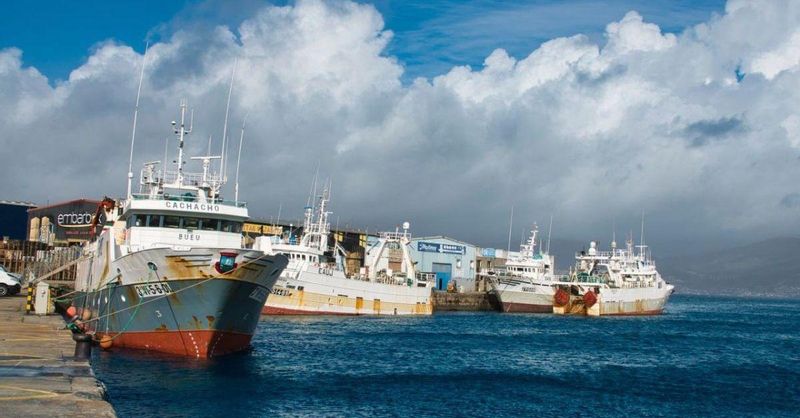
The General Court of the European Union (GCEU) has dismissed appeals by the Spanish government and fishing organizations against the European Commission's designation of 87 protected marine areas in the Atlantic. These zones, covering 16,000 square kilometers from Ireland to Spain, were closed to fixed bottom longline fishing in October 2022 to protect vulnerable marine ecosystems. The decision has sparked frustration among fishing communities, particularly in Galicia, where the ports of Vigo and Burela report significant economic impacts.
The ruling reaffirms the European Commission's authority to implement fishing restrictions based on the need to protect marine biodiversity, despite objections from the fishing sector. The court found that Spain and the plaintiffs failed to demonstrate that fixed fishing gear lacks adverse effects on vulnerable ecosystems. This decision underscores the EU's commitment to its deep-sea fishing regulations, which aim to balance ecological preservation with sustainable fishing practices.
Environmental organizations, including Ecologistas en Acción and the Deep Sea Conservation Coalition, have hailed the verdict as a victory for marine conservation. They argue that the protected areas are essential for safeguarding deep-sea ecosystems, which are critical to the ocean's health and future fisheries. These groups are now calling on Spain and Portugal to fully comply with the EU's deep-sea fishing regulations to ensure the long-term sustainability of marine resources.
The fishing industry, however, warns of the socio-economic repercussions of the court's decision. With Galicia's fishing sector already experiencing a decline in fresh fish landings, stakeholders are urging the European Commission to reassess the protected zones. They argue for a more nuanced approach that considers the latest scientific data and minimizes economic disruption while still protecting vulnerable marine ecosystems.

Europe is currently enduring its first major heatwave of the summer, with France, Belgium, and the Netherlands experiencing some of the highest temperatures. Paris is forecasted to reach a scorching 40 degrees Celsius (104 degrees Fahrenheit), prompting health warnings and the closure of over...

The Consellería de Sanidade has reported a significant increase in the number of individuals affected by a salmonella outbreak linked to the Trasan Fest, a music and gastronomy festival held last weekend in Oza-Cesuras, A Coruña. The outbreak, initially reported with 94 cases, has now risen...

The Secretariat of National Defense (Sedena) has come under scrutiny following revelations of its purchase of diesel fuel worth over 500 million pesos from Ecocarburante SA de CV, a company allegedly connected to a huachicol network. This transaction occurred during the construction phase of...

Spain has officially rolled out a new regulatory framework targeting short-term holiday rentals, a move aimed at aligning with European standards and addressing the country's housing crisis. Effective from July 1, the mandate requires all properties listed for tourism purposes, including...

The Spanish government has expressed respect for the ongoing strike by judges and prosecutors, emphasizing its commitment to proceed with judicial reforms. Government spokesperson Pilar Alegría acknowledged the strike during a press conference following the Council of Ministers, highlighting...